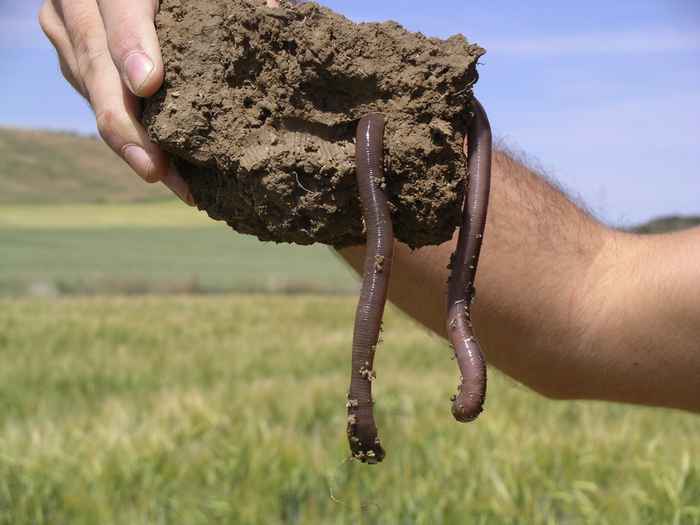Learning to predict and improve sustainable food production with soil life
2 June 2022

Examples of the important services that agricultural lands can provide next to food are clean air and clean drinking water. In addition, they buffer climate change by storing greenhouse gases and suppress diseases and pests. All these functions depend on the soil life.
‘Intensive agriculture is putting increasing pressure on soil life,’ explains program leader Wim van der Putten of the Netherlands Institute of Ecology (NIOO-KNAW). ‘A broad coalition of researchers and companies will now examine how agricultural lands can regain their multifunctionality and which crops, varieties, soil organisms and substrates can play a role in this.’
Artificial intelligence
The name of this new research program is SoilProS (Soil biodiversity analysis for sustainable production systems). From the University of Amsterdam, Elly Morriën of the Institute for Biodiversity and Ecosystem Dynamics is involved as principal investigator. The researchers from NIOO-KNAW the UvA will, together with other knowledge institutions, 17 companies, NGOs and governmental organisations, map the soil life of Dutch agricultural land. That is an enormous task, because a handful of soil easily contains about five thousand species of soil life and ten billion individual organisms.
‘That is just the beginning of all the work that needs to be done,’ says Van der Putten. ‘We will be processing the enormous biodiversity with artificial intelligence to discover patterns. These patterns will teach us how soil life can regain its multifunctionality.’ Companies can use this knowledge to design more sustainable crops, micro-organism communities and substrates. NGOs and the government can use the knowledge in their advice and policy development.
Expanding tradition
The Netherlands has a long tradition of soil research. Until recently, this was mainly aimed at measuring the chemical and physical soil properties. The SoilProS program will add an important part to this: biological soil analyses. These are already being implemented at the moment, but the interpretation of the data is a major bottleneck.
SoilProS will solve this with machine learning and network analytics. The predictions are validated in practice, together with farmers and companies. Van der Putten: ‘We will provide landowners and land users with new knowledge and together we’ll look for applications.’
Urgent problem
The AES Perspective program comprises seven large consortia of researchers, companies, civil society organizations and governments, who will develop technological innovations for a range of societal challenges. This is done with funding from the Ministry of Economic Affairs and Climate given to the Dutch Research Council (NWO).
In addition to NIOO-KNAW and the UvA, the following knowledge institutions are involved: Utrecht University, Twente University, Wageningen University & Research and HAS Hogeschool in Den Bosch. The companies and other social partners in the program are: Agrifirm, Barenbrug, Kekkilä-BVB, Friesland-Campina, Syngenta, Vitens, Hilbrandlab, Plant Health Cure, Strawberry Research Foundation, ESTI-impact BV, Eijkelkamp, Wij.land, LTO Nederland , Province of Gelderland, Province of North Brabant, Rijkswaterstaat and the Ministry of Agriculture, Nature and Food Quality.